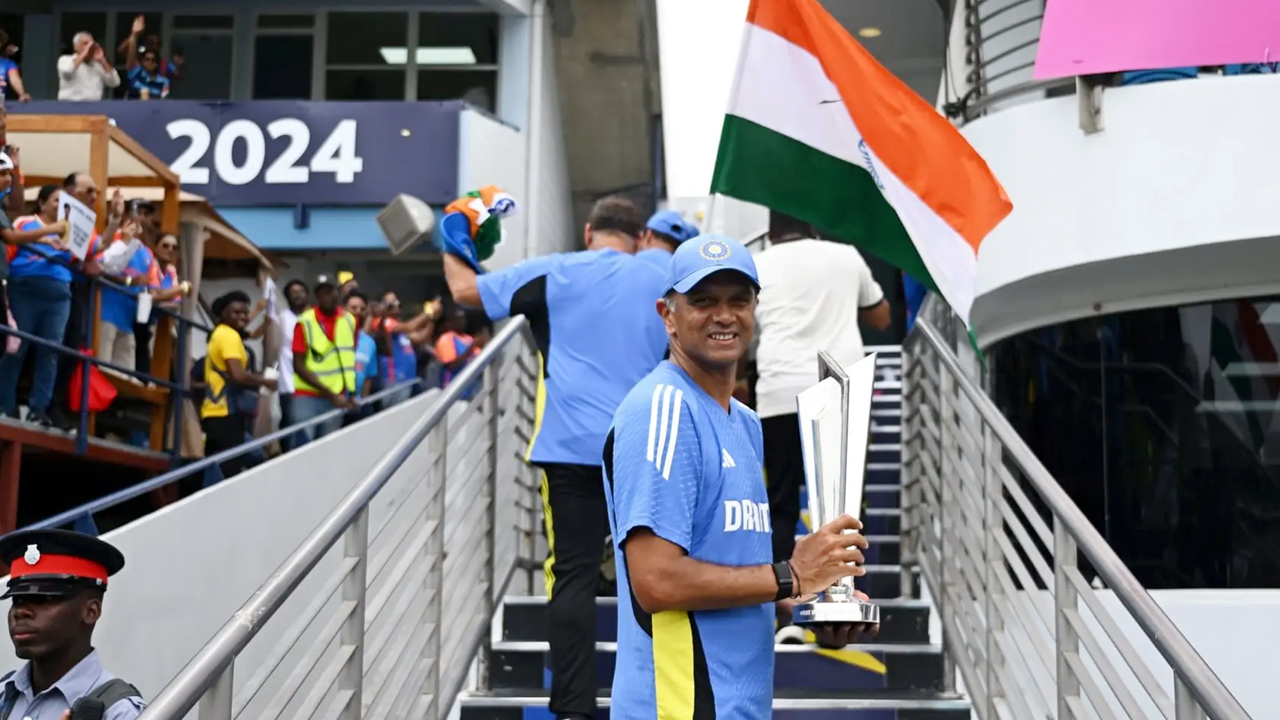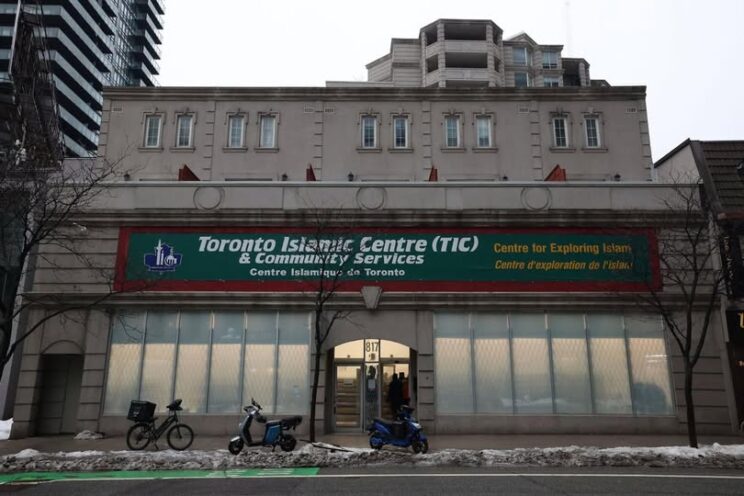Bangladesh’s mobile game market is seeing something rather remarkable. Millions of Bangladeshis’ leisure time is now spent differently as more people than ever before have access to mobile phones and the internet. This transformation isn’t just about gaming; it’s changing how people interact, spend money, and even use their phones.
Recently, the gaming scene in Bangladesh has become more intriguing. Gaming sites like Baji Casino are gaining household names, but there’s a larger narrative here that no one is talking about. It’s about how ordinary people discover inventive methods to work around technological hurdles, and how local developers come up with solutions that might aid other nations experiencing similar problems.
A New Perspective on SIM Cards
Here’s something surprising. Bangladeshi gamers have worked out a creative technique to utilize numerous SIM cards that no one expected. Rather than just employing extra SIM cards as backups, they are developing specialized gaming lines. This presents some fascinating concerns that we haven’t seen addressed previously: how will this affect mobile networks? Is this affecting how game firms construct their apps? What happens when users utilize various networks to play different games?
The way consumers use their SIM cards teaches us new things about how mobile networks may need to alter. Mobile carriers are scratching their heads, trying to decide if they should provide special data plans only for gamers or remain with standard rates.
Problems With The Internet
The actual story of internet availability in Bangladesh is not only about speed, but also about consistency. Cities like Dhaka may have decent 4G, but it isn’t the complete picture. What happens if someone begins a game in the city and then rides the bus to their village? How do games operate when the connection is always jumping between 4G, 3G, and occasionally nothing at all?
These questions have prompted Bangladeshi IT geniuses to devise some ingenious solutions. They are developing innovative methods to keep games operating smoothly even when the internet connection is poor. The answers they discover might benefit individuals in other nations where the internet is not always stable.
Making Games Feel Like Home
There is a silent revolution taking on in Bangladesh in terms of how games look and feel. Local game developers are doing something truly interesting: combining traditional Bengali art and tales with modern gameplay. But this raises several questions that nobody has raised before: How can one convert traditional Bengali board games into smartphone games? Can classic storylines function in new game formats?
Game creators are discovering that Bangladeshi users want something different from their games. They want to play with their friends and family, just like they do with conventional games. This is prompting creators to reconsider how multiplayer games function.
Money Matters in Mobile Gaming
Money travels differently through mobile gaming in Bangladesh than elsewhere. No one expected mobile banking and gaming to come together in this way. This raises several new questions: What happens when consumers use mobile banking for both everyday transactions and gaming? How do gaming companies comply with Bangladesh’s special banking regulations?
This combination of gaming and mobile money is producing new jobs that did not exist previously. People are becoming professionals in processing gaming payments, guiding others through the systems, and even teaching others how to play properly.
Rules and Safety: The Missing Pieces
Bangladesh’s gaming growth has raised several difficult problems, to which no one has yet provided satisfactory solutions. How can you safeguard young gamers when anybody can purchase a SIM card? What restrictions should be applied to games that combine gaming with real money? These aren’t theoretical issues; they touch actual individuals every day.
The government and gambling industry are striving to strike the appropriate balance. They want to see the gaming business thrive while keeping users secure. But there is no playbook for this; they are establishing the rules as they go.
More Than Just Players
Something surprising is occurring in Bangladesh’s gaming community: it is forming new types of groups. Gaming cafés are becoming more than simply a place to play. They’re evolving into places where individuals may acquire new skills, establish friends, and even find work. This raises some intriguing questions: How are these gaming communities influencing the way young people socialize? Are they providing new chances for learning and working?
These gaming establishments are increasingly popular gathering locations for young people, particularly in a culture where hangout spaces are restricted. They resemble modern versions of traditional gathering spots, but with laptops and cellphones instead of tea cups.
Home-Grown Solutions
Bangladeshi creators are tackling difficulties that major multinational gaming corporations haven’t even considered. They’re developing games that run on low-cost phones, preserve battery life, and continue to function even when the internet goes down. This brings up some fascinating questions: Could these strategies benefit other countries? Are Bangladeshi creators pioneering a new approach to game development that might benefit the majority of the world?
The obstacles these developers encounter encourage them to be inventive in ways that will benefit gaming worldwide, not just in Bangladesh. They demonstrate that you don’t need the newest iPhone or the quickest internet to create fantastic games.
What Comes Next?
The future of gaming in Bangladesh seems to be different from many predictions. Yes, 5G is on the way and more people are buying mobile phones, but the intriguing topics are not just about improved technology. Will Bangladesh develop its own gaming culture? Can its responses to technological challenges serve as a model for other countries?
As the Bangladesh gaming sector expands, it is becoming clear that this is more than just copying what works in other countries. It is about developing something new that is suitable for the specific scenario of Bangladesh.
Wrapping Up
Looking at the mobile gaming scene in Bangladesh teaches us an essential lesson: coping with difficult obstacles may lead to the most exciting inventions. The way Bangladeshis deal with issues such as slow internet, multiple types of phones, and diverse payment systems is sparking new ideas that can benefit people all around the world.




